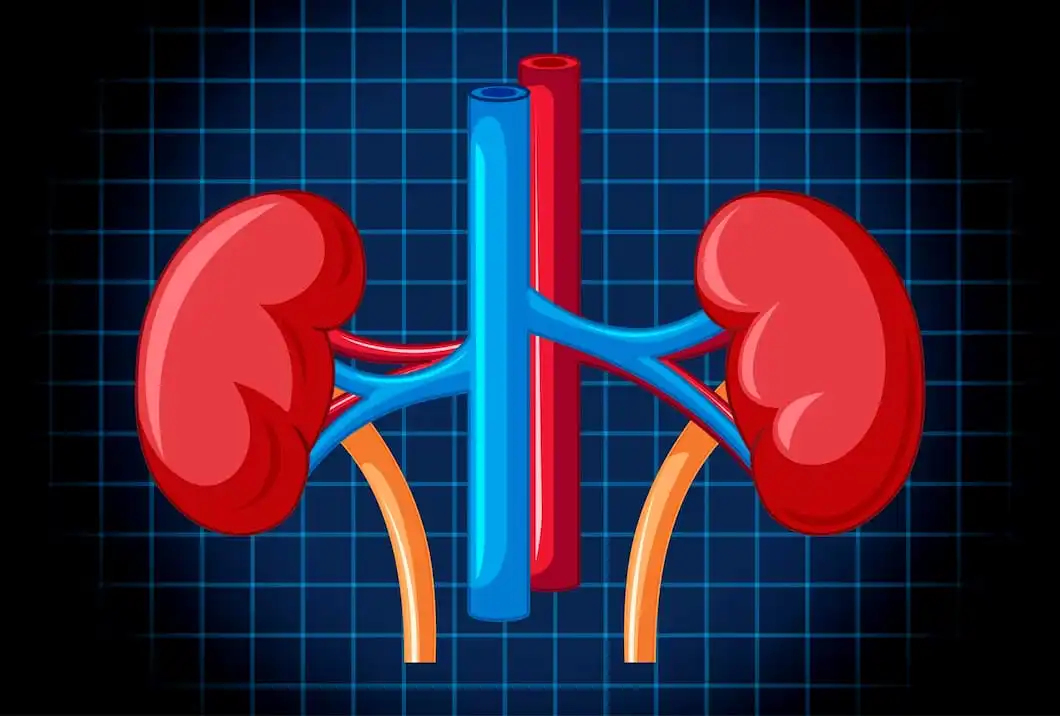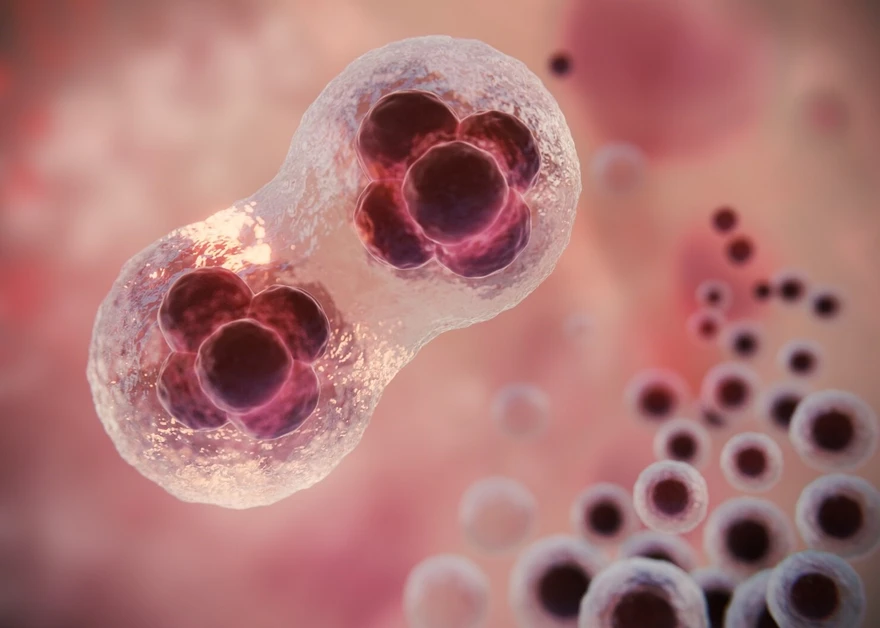Preventive Healthcare
Understanding Creatinine Levels: Normal Ranges and Their Significance
55211 Views
0

Creatinine is a waste product that results from the breakdown of creatine. Your body uses creatine to provide energy to your muscles. As a result, the muscular tissue degrades as your muscles use energy. The release of creatinine into your circulation comes from the normal breakdown of muscle tissue. Creatine degrades into creatinine at this stage.
The kidneys remove creatinine from the blood. If you consider the function of each organ in the body, the kidneys would be the filter, which helps in purifying your blood. Urine is the primary route for the elimination of blood-derived substances. Therefore, if your kidneys are not functioning normally, your blood creatinine levels may be higher than normal.
Why Is Creatinine Testing Conducted?
Your doctor may recommend creatinine testing for the following conditions:
- If you are experiencing kidney-related problems
- To keep an eye on the condition as it is being treated or as it worsens
- If you have diabetes or high blood pressure, you should be screened for kidney disease or other factors that might lead to kidney failure
- To check for any signs of renal damage or abnormal kidney function as a possible medication side effect
- To keep an eye on how well a kidney transplant is doing
Who Suffers from High or Low Creatinine Levels?
Creatinine levels in the blood may be higher than average in young or middle-aged people who are very muscular.
The average amount of creatinine in the blood may be lower in older people. Infants with levels of 0.2 or above are considered healthy. However, this does vary with muscular maturity.
Malnourished people, those who lose a lot of weight and those with chronic diseases often have lower creatinine levels than healthy people their age because their muscle mass deteriorates with time.
What Is the Normal Range for Creatinine?
One's creatinine concentration is several milligrams per decilitre (mg/dL). Serum creatinine (a blood chemical) levels in adults with healthy kidneys typically fall between 0.7 and 1.3 mg/dL for men and 0.6 and 1.1 mg/dL for females.
Normal creatinine levels, however, depend on a wide range of factors. The word 'normal' has a degree of subjectivity to it. Creatinine is a byproduct of muscle breakdown. Therefore, your muscle mass and degree of exercise affect your blood concentration. Furthermore, a physician will evaluate these parameters to determine an appropriate range to analyse blood creatinine levels.
After gathering demographic information, a determination is made about what constitutes normal amounts of creatinine. Therefore, age, gender, race and physical size all play a role. Once adjusted, deviations from this range may be indicative of renal disease.
The standard unit of measurement for creatinine clearance is millilitres per minute per square metre of body surface area (mL/min/BSA). The average range for males aged 19-75 years is 77-160 mL/min/BSA.
The following are normal creatinine levels by age in women:
- 18 to 29 years: 78 to 161 mL/min/BSA
- 30 to 39 years: 72 to 154 mL/min/BSA
- 40 to 49 years: 67 to 146 mL/min/BSA
- 50 to 59 years: 62 to 139 mL/min/BSA
- 60 to 72 years: 56- to 131 mL/min/BSA
Causes of High Creatinine Levels
Creatinine levels over normal are a common indicator of impaired renal function. This malfunction may have the following causes:
- Infection of the kidneys
- Inflammation of the glomeruli and other blood-filtering structures of the kidneys; glomerulonephritis
- Kidney stones cause urinary tract obstruction
- Kidney failure
Several factors might contribute to a temporary elevation in creatinine levels other than compromised renal function. However, these include not drinking enough water and eating or taking in excessive quantities of protein.
Creatinine is one biomarker that may rise in response to vigorous exercise. If you are taking drugs, planning to fast or eating a protein-rich diet, inform your doctor before getting a creatinine test. Some medications have the potential to temporarily raise blood creatinine levels or perhaps cause permanent kidney damage.
Creatinine elevation is a symptom of organ damage, which various medical disorders listed may cause:
- Diabetes
- High blood pressure
- Heart disease
Symptoms of High Creatinine Levels
In most cases, high creatinine levels are accompanied by other signs of kidney disease (renal insufficiency). Besides, high creatinine levels and renal disease can have no noticeable symptoms.
Some of the first signs of kidney disease or renal failure (which may be life-threatening if left untreated) include the following:
- Itching
- Sore muscles
- Nausea
- Vomiting
- Lack of hunger
- High fluid levels (oedema) in the lower extremities
- Urination frequency that is either too high or too low
- Difficulty in breathing
- Confusion
- Issues falling or staying asleep
- Fatigue
- Excessively dry skin
How Do Medical Professionals Measure Creatinine Levels?
Doctors measure creatinine levels by drawing blood and analysing it. After that, creatinine clearance is predicted using a formula. Furthermore, the doctor may ask the patient to collect their urine for 24 hours and deliver it to the lab for analysis.
The doctor may then evaluate the creatinine levels in the blood and the urine. These show the quantity of creatinine eliminated by the kidneys and its overall efficiency measurements.
Treatments
The therapy for high creatinine levels is condition specific. When an infection in the kidney is to blame for high creatinine levels, an antibiotic course of therapy should bring levels back to normal. If high levels of creatinine are the result of hypertension, then treating that condition should similarly reduce creatinine levels.
Medical professionals may also suggest lifestyle adjustments, such as reducing protein, increasing fibre consumption and treating the underlying medical condition. These alterations may aid in the control of creatinine levels.
Book Creatinine Test
In Summary
The normal creatinine levels for male adults is 60-110 mmol/L, whereas, for females, it is 45-90 mmol/L. Dehydration, exercise, pregnancy-related physical changes and renal illness may all impact creatinine levels. Furthermore, creatinine-level testing is typically done in a clinical setting, where doctors have the tools and knowledge to quickly examine the results and choose the best course of action.
Metropolis Healthcare offers India's most reputable medical testing facilities. Therefore, visit the nearest Metropolis Healthcare Centre for creatinine testing. Their quick report generation and accurate results help physicians and healthcare professionals initiate prompt treatment options without delay.
You can trust Metropolis Healthcare lab for the following reasons:
- Their labs are well-equipped with the latest tools and technology
- They test for most of the conditions and diseases.
- Patients can get reports online, and all their information is kept confidential.













1701259759.webp)









 WhatsApp
WhatsApp